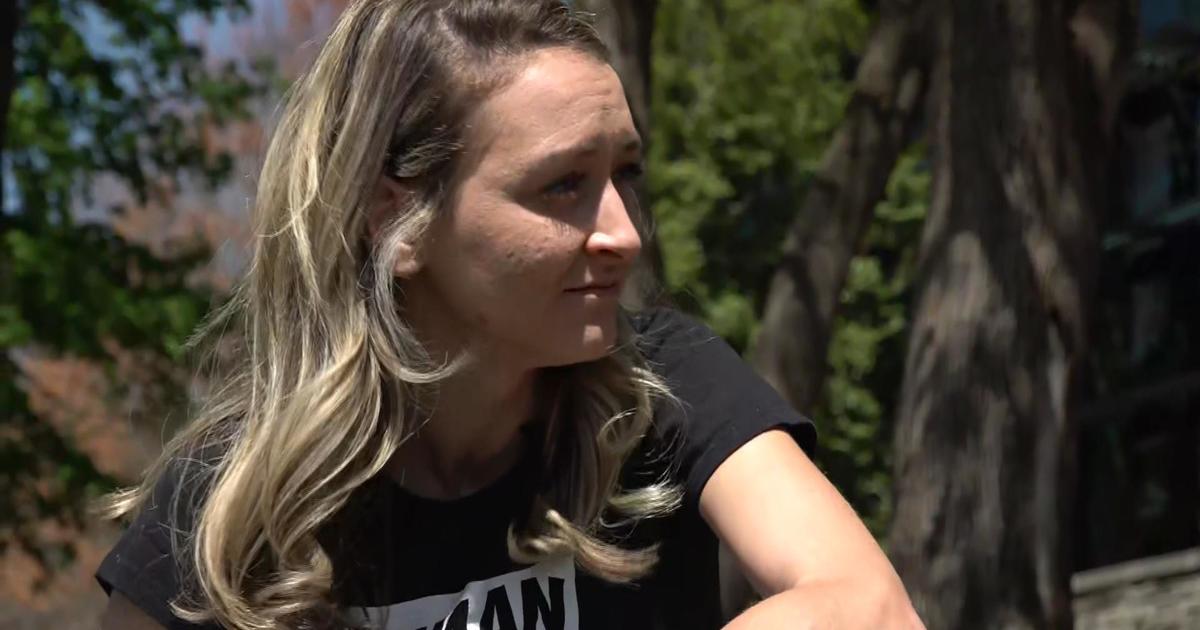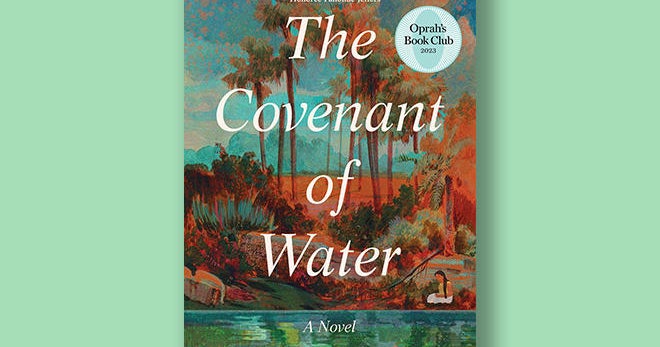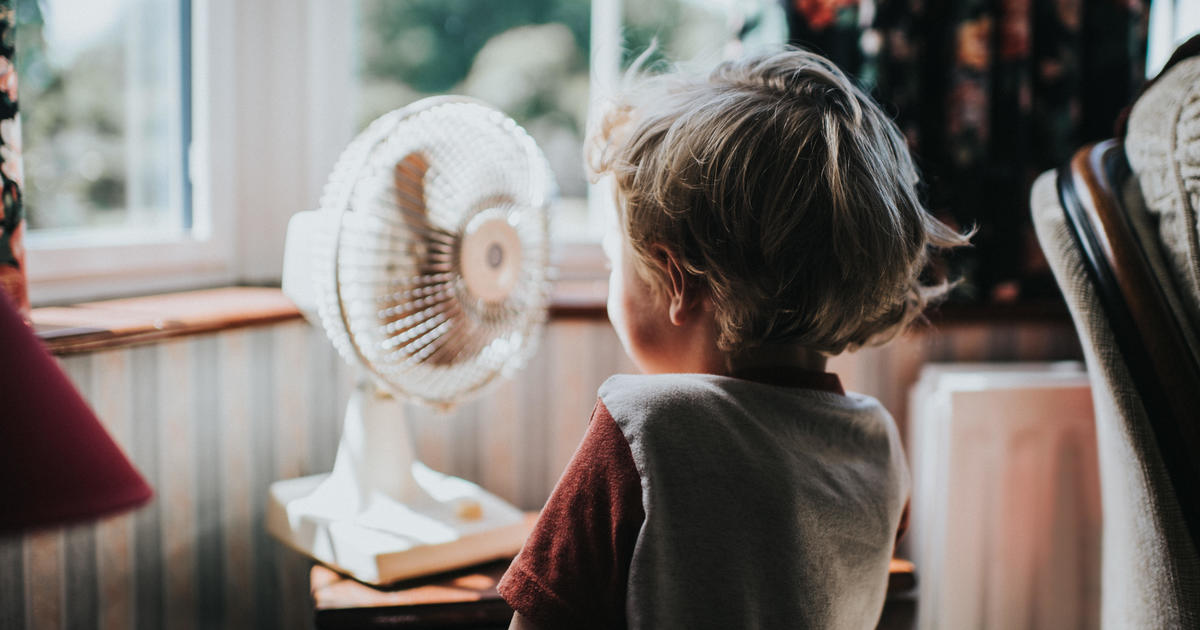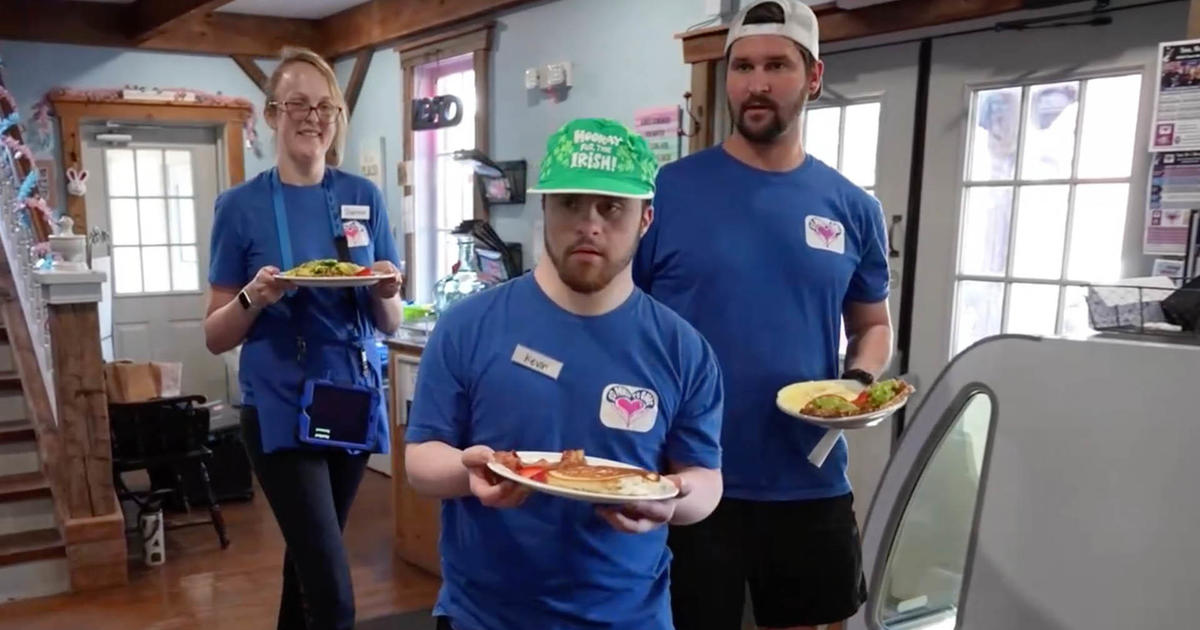Local leaders work to combat coronavirus vaccine mistrust in African American and Latino communities
Boston-based Reverend Liz Walker preaches about three things: truth, love and lowering anxiety. And in the middle of a pandemic, Walker has shifted her focus to spreading the truth about the COVID-19 vaccine.
Skepticism surrounding the vaccine is widespread in communities of color, which have suffered disproportionately from the coronavirus.
When about half of the congregation at Roxbury Presbyterian Church told Walker they would not take a vaccine if given the opportunity, Walker knew she had to do something to counter the distrust that is commonly found in African American and Latino communities.
"I always respond that yes... you should put your trust in God. But remember... God uses doctors," Walker told "CBS This Morning" national correspondent Adriana Diaz, adding that God was "speaking through science."
Walker even got creative and invited Dr. Anthony Fauci, the Director of the National Institute of Allergy and Infectious Diseases, to virtually speak to her parishioners about the coronavirus pandemic.
This is just one of many ways the former news anchor-turned-preacher is fighting the skepticism about the vaccine, which she says stems from years of trauma and broken trust.
"Once you have been traumatized by the world, by the police, by the doctor, by the system, you tend not to trust anybody," she said.
Walker agreed to serve on a task force created by Massachusetts Governor Charlie Baker to ensure the vaccine is distributed equitably.
"I wanted to let them know that they had a responsibility, though I think they knew it and still know it, to be transparent," Walker said.
When surveyed, 60% of Americans say they would "definitely" or "probably" get a vaccine. But in another survey only 14% of African Americans and 34% of Latinos trust it will be safe.
In 1932 health officials began the Tuskegee Syphilis Study, a 40-year government-run science experiment which used African American men to study syphilis. The experiment left the men suffering from the disease even after a treatment existed.
Census data shows that Hispanics are the least likely of any ethnic group to visit a doctor.
Raul Garza, president and CEO of Aunt Martha's Health and Wellness, said nearly 90% of patients at their 23 community health centers across Illinois are African American and Latino.
Despite the fact that those two groups are dying at nearly three times the rate of White Americans, they say they're least likely to take a vaccine.
"I think it's about just patients feeling like there's still discrimination in health care, and why would they have confidence in a vaccine when they've been neglected historically," Garza said.
The National Medical Association, the nation's oldest professional organization for Black doctors, has created a task force of African American doctors to vet the vaccine safety data the Food and Drug Administration is reviewing.
Dr. Leon McDougle, President of the NMA and chair of its vaccine task force, said the group also helped create public service announcements to reach minorities and inform them on the steps being taken to ensure their safety.
"There has been a cloud of political influence, and we've thought it would be important for our community to have a nonpartisan, independent voice speaking to vaccines' safety and efficacy," he said.
McDougle said his team has spoken with Pfizer, Moderna and AstraZeneca and so far, they are pleased with the information they are getting.
To reach the threshold necessary to achieve herd immunity, public health experts estimate at least 70% of people will need to get vaccinated.



